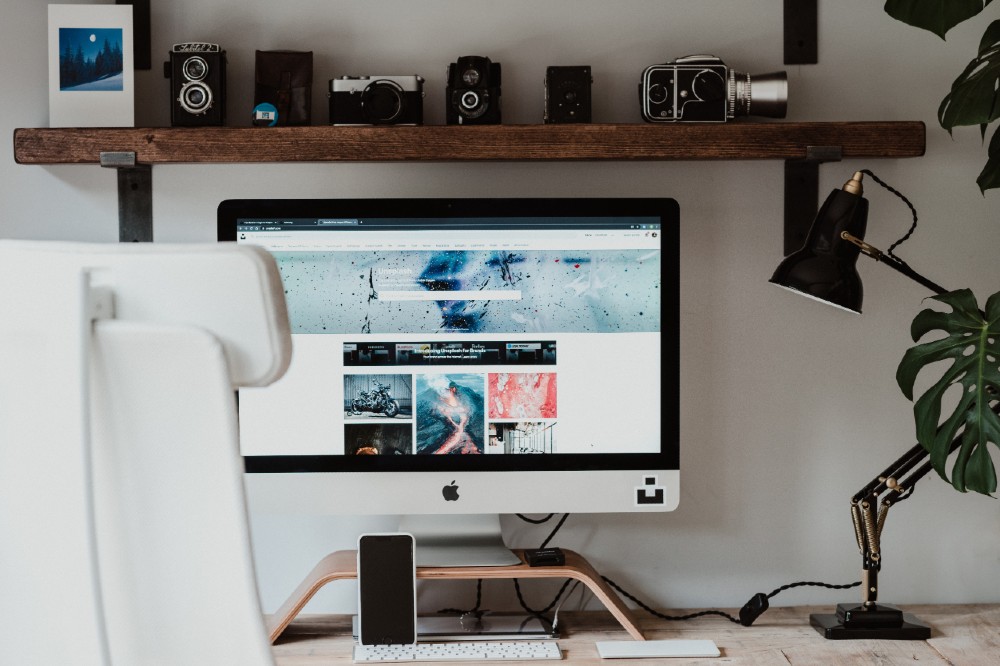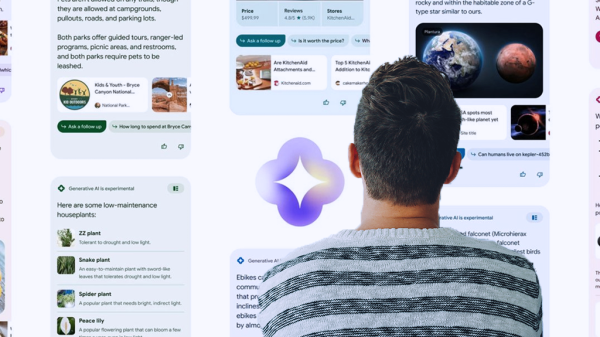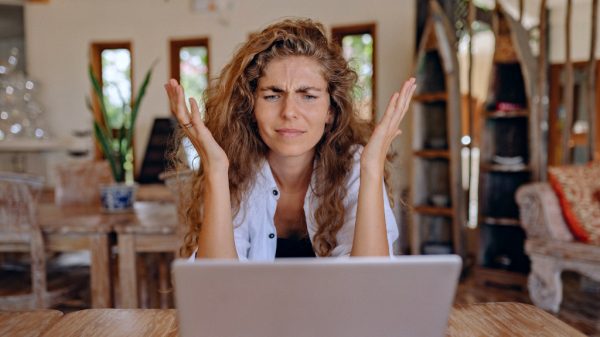Google CEO Sundar Pichai announced that most employees will have the option to continue to work from home through the end of the year, and that the company will pay each of its employees $1,000 for office furniture and equipment.
Regarding this announcement, Google’s wellness and resilience lead, Lauren Whitt, told CNN Business, “For us to be able to provide resources for Googlers to set up the most productive workstation at home so that they have an opportunity to separate ‘When I am in this space I am focused on my work and I am focused on these things, and when I step away from this space I am able to detach from work, I am able to connect with my family, my friends, my pets, the people in my community outside of this work box’ is really important.”
The company is doing more to help with employee well-being and mental health while employees are working from home. It has shifted some of its well-known perks online. Fitness coaches who used to teach on campus have shifted to virtual formats, allowing colleagues who used to work out together IRL to continue to do so from home. Chefs from the Google cafes are offering online cooking classes. Virtual meditation and mindfulness classes though a program called “gPause” are available.
There is also a peer-to-peer mental health support program called the Blue Dot community. Initiated a few years ago, Whitt said, “Googlers wanted an opportunity to be able to talk about hard things, but they didn’t necessarily feel like it was clinical. They wanted just a peer’s perspective, somebody who had been through it, who had been where they were.” They have continued providing support through the Blue Dot community, but pivoted to chat via Google Meet and other virtual spaces.
“We are looking into the future, on what health and wellness will look like. How will we continue to support Googlers in their home environment and in their return to work environment to ensure that movement is a priority, that sleep is the No. 1 priority for us, and that nutrition will continue to matter to Googlers, independent of where they are working,” Whitt stated.
The company has made wellness, the ability to cope with stress, and recover from challenges with resilience a top priority. They are asking managers to lead by example when it comes to role modeling well-being behavior. The wellness message is in line with encouraging to the creation of proper at-home work spaces.
Whitt said, “We will continue our messages of ergonomics of proper alignments of your workspace, of having a chair that suits and supports your back, having the ergonomics and being able to alleviate some of those low back pains and muscular skeletal issues.”
Yasmin Diallo Turk is a long-time Austinite, non-profit professional in the field of sexual and domestic violence, and graduate of both Huston-Tillotson University and the LBJ School of Public Affairs at the University of Texas. When not writing for AG she should be writing her dissertation but is probably just watching Netflix with her husband and 3 kids or running volunteer projects for HOPE for Senegal.












































Pingback: Demand for urban vs. suburban housing remains even
Pingback: The future of work from home will be a hybrid, says Google CEO